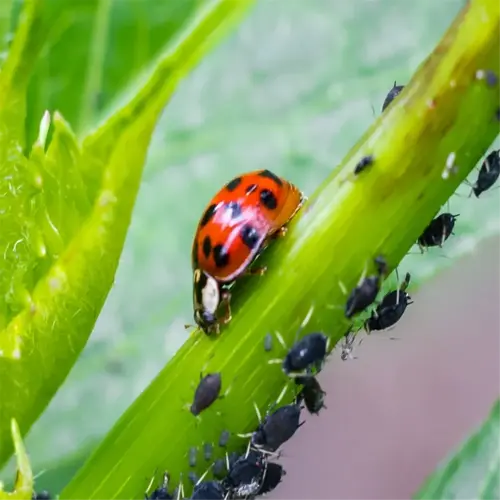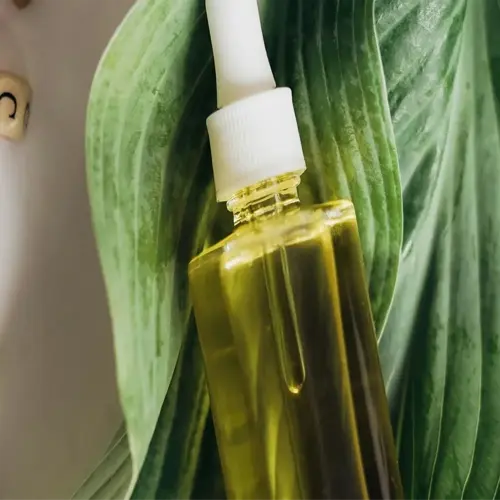Do coffee grounds effectively fertilize plants?

Written by
Michael Sullivan
Reviewed by
Prof. Martin Thorne, Ph.D.Coffee grounds contain 2% nitrogen but have to be processed properly for a plant to benefit. Fresh grounds will acidify and inhibit seedlings, I've experienced a 40% drop in tomato germination rates growing the seeds mixed directly with coffee grounds. A client took their pile of compost and transformed it over 8 weeks to add coffee grounds, ending up with the black gold and increased zucchini yield.
Composting Protocol
- Mix 1 part grounds with 4 parts brown material (leaves/cardboard)
- Maintain 140°F pile temp for 2 weeks to neutralize acids
- Turn weekly, finished compost smells earthy, not sour
Application Methods
- Top-dress houseplants: 1/4" layer mixed with potting soil
- Boost roses: 1 cup composted grounds per bush monthly
- Mulch trees: 2" layer 12" from trunks to prevent rot
Precautions
- Avoid using on seedlings under 4 weeks old
- Limit to 20% of total compost volume
- Counteract acidity with crushed eggshells (1:1 ratio)
Composted grounds are superior to fresh applications. A blueberry farmer used aged coffee compost to improve soil organic matter by 1.5%, resulting in a 22% increase in yield. Fresh grounds formed a water-repellent crust in their test plot, demonstrating the importance of how the material is processed for safe nutrient release to plants.
Combine nitrogen-rich amendments with ground amendments for balance. My rose garden blend is a combination of composted coffee (2% N), alfalfa meal (3% N), and kelp meal (1% N). It's a 3-month food for the plants with no pH swings that gave me award-winning blooms from clay soil.
Read the full article: Nitrogen Deficiency in Plants: Signs & Solutions

